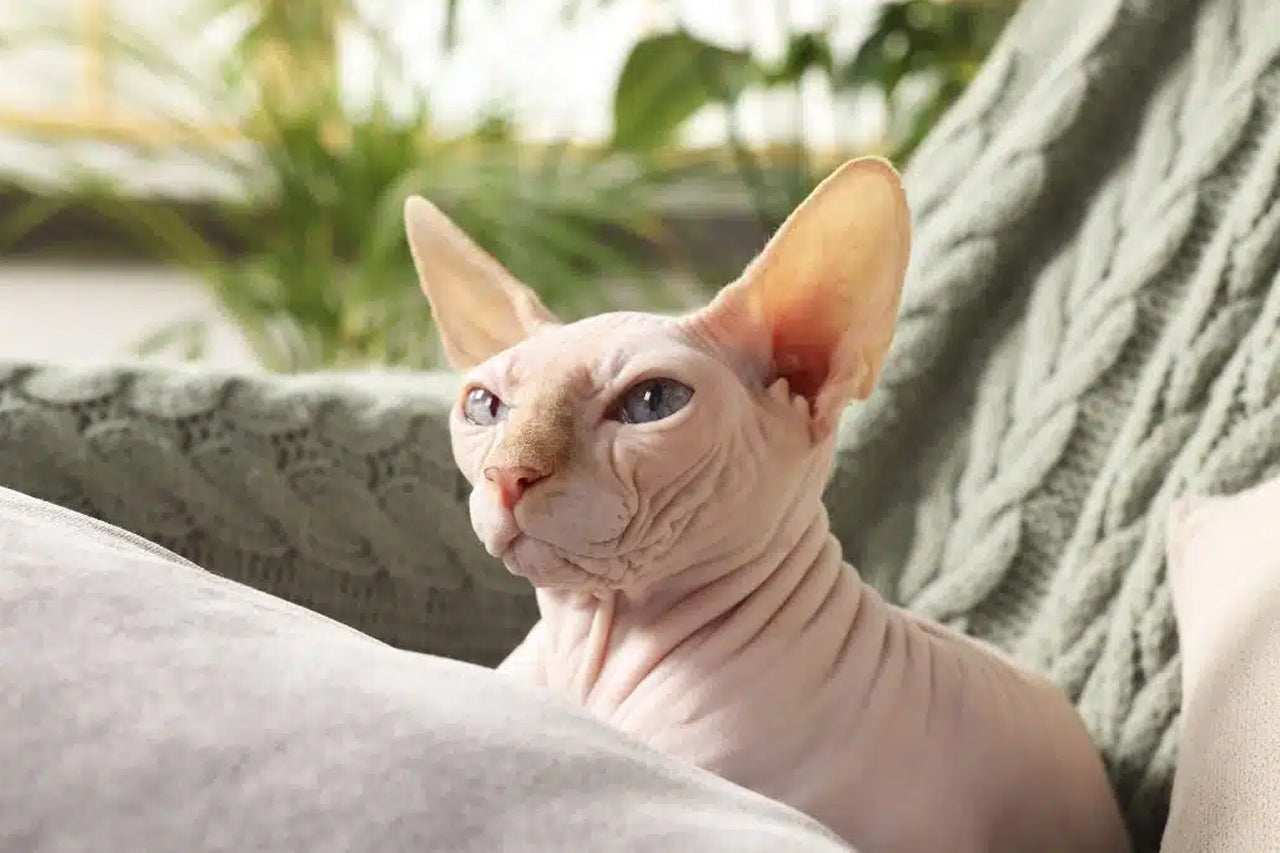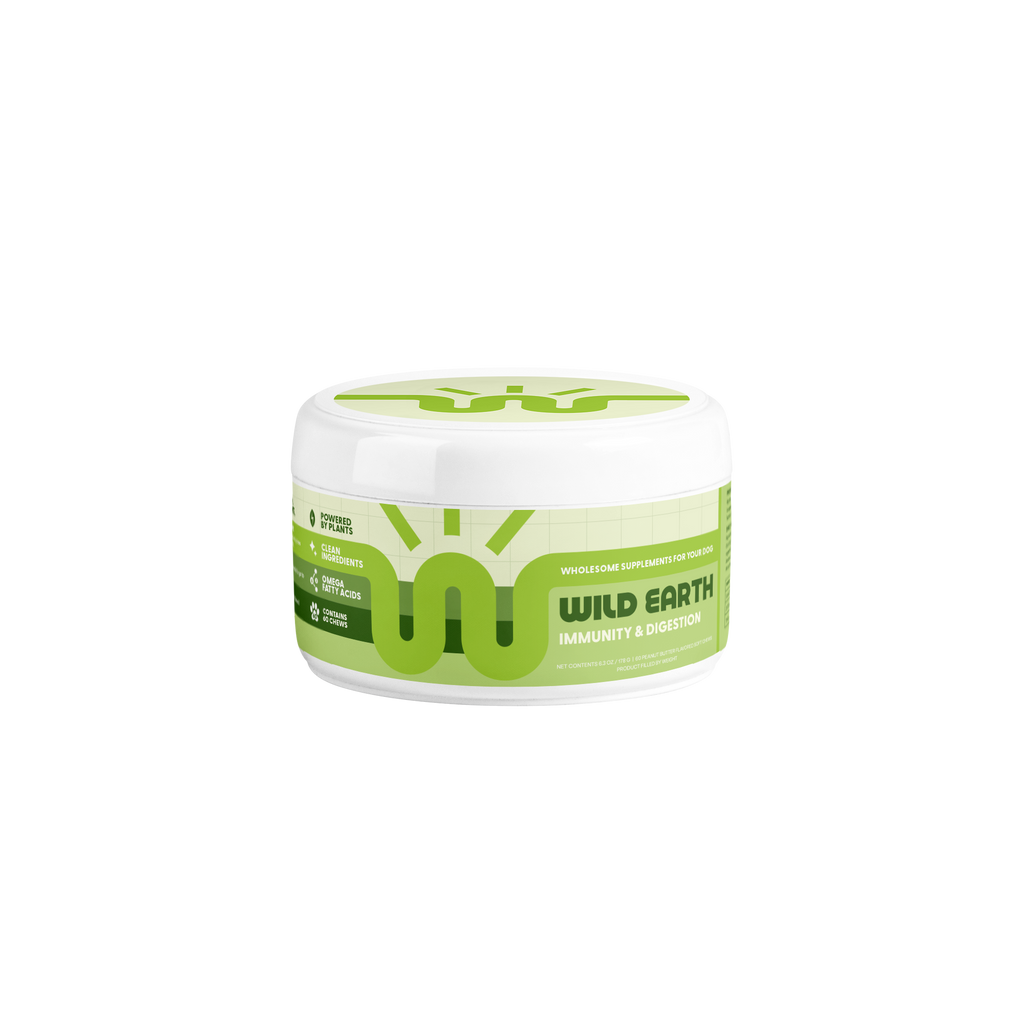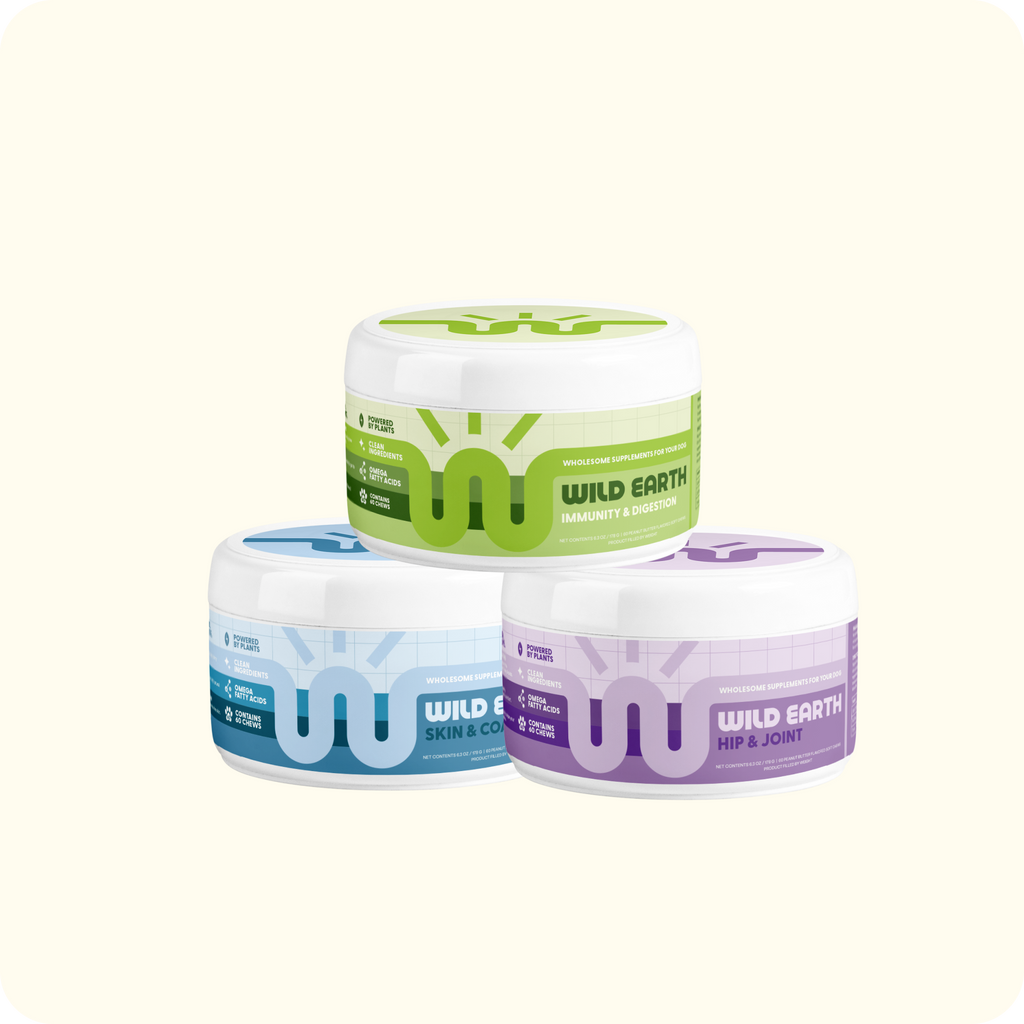
Sphynx Cat Breed Guide
Summary
- The Sphynx cat is a Canadian breed known for its hairless appearance, sociable nature, and high energy.
- Despite lacking fur, Sphynx cats require consistent grooming to manage skin oils and hygiene.
- They thrive in interactive, temperature-controlled environments with engaged pet owners.
- Health considerations include genetic heart conditions, skin infections, and dental diseases.
-
A high-protein diet is essential for this breed, and balanced plant-based food options can meet their nutritional needs.
The Sphynx cat is one of the most unique-looking breeds, best known for its hairless skin, large ears, and playful personality. While they may look different, Sphynx cats are friendly, social, and full of energy. They also need a bit more care than other cats, from regular baths to a warm environment and a well-balanced diet. This guide covers everything needed to understand and care for a Sphynx cat, including their history, behavior, health, and daily needs.
Where do Sphynx Cats Come From?
Sphynx cats have a rich history and distinct physical features that set them apart.
Origins
The Sphynx cat breed originated in Toronto, Canada, during the 1960s. A natural genetic mutation led to hairlessness in a domestic cat, which piqued interest among breeders. Through careful selective breeding, the modern Sphynx was developed and recognized for its distinct appearance and affectionate temperament.
Physical Characteristics
Sphynx cats are instantly recognizable due to:
- Size: Medium (6–14 pounds)
- Skin Texture: Covered in fine fuzz with a suede-like feel
- Color Patterns: Tabby, solid, tortoiseshell, and more
Key Features:
- Large, upright ears
- Lemon-shaped eyes
- Wrinkled skin, especially around the neck and shoulders
- Sphynx Cat Personality & Temperament
Understanding their behavior and home needs is essential for a happy and healthy Sphynx.
Behavioral Traits
This breed is highly social and people-oriented, often compared to dogs for its tendency to follow owners throughout the home. Sphynx cats are intelligent, playful, and receptive to training, often learning tricks and enjoying puzzle-based toys and games.
Ideal Home Environment
Sphynx cats require substantial companionship and stimulation. Homes where someone is frequently present are ideal. These cats are not well-suited for environments where they would be left alone for extended periods. Access to interactive toys, vertical climbing spaces, and cozy resting areas supports their mental and physical wellbeing.
What are the Care Requirements of a Sphynx Cat?
Proper care is essential for the Sphynx cat’s health due to its lack of fur and high activity level.
Grooming Needs
Routine grooming is necessary to manage the natural buildup of skin oils, which would typically be absorbed by fur in other breeds. Weekly bathing with a gentle, feline-formulated shampoo is recommended. Additionally, the ears should be cleaned regularly to prevent wax buildup, and nails should be trimmed to avoid injury and infection.
Temperature & Environment
Sphynx cats are highly sensitive to temperature changes due to their hairless skin. They may require warm clothing or heated bedding during cooler months and must be protected from direct sun exposure to avoid sunburn. Indoor living in a climate-controlled space is ideal.
Diet & Nutrition
Given their fast metabolism and high energy levels, Sphynx cats benefit from a protein-rich diet. While traditional meat-based diets are common, balanced plant-based options can meet these nutritional needs effectively. Formulas such as those offered by Wild Earth provide complete amino acid profiles, including essential taurine, without common allergens or artificial fillers.
According to research published in BMC Veterinary Research, properly formulated vegan diets have shown comparable health outcomes in cats and dogs, supporting the feasibility of plant-based nutrition in companion animals.
What are Some Common Health Issues?
Like many purebred cats, Sphynx cats are predisposed to certain health concerns that require informed care and regular monitoring.
Genetic Conditions
Common inherited disorders include:
- Hypertrophic Cardiomyopathy (HCM): Thickened heart muscle
-
Hereditary Myopathy: Causes muscle weakness and mobility issues
Skin & Dental Concerns
Sphynx cats are prone to seborrhea, which results in oily, irritated skin and can lead to secondary infections. Proper grooming and hygiene practices can minimize this risk. Additionally, they exhibit a higher incidence of periodontal disease and require consistent dental care, including brushing and veterinary evaluations.
Average Lifespan
Although commonly believed to live 8–14 years, a study by the Royal Veterinary College found Sphynx cats have a median life expectancy of just 6.68 years, the shortest among all breeds
Is a Sphynx Cat Right for You?
Choosing to adopt a Sphynx cat should involve a thoughtful evaluation of lifestyle and care capacity.
Best For:
- Individuals or families seeking an affectionate, interactive companion
- Households that can maintain a stable indoor climate
- Pet owners are prepared for a structured grooming routine
Not Ideal For:
- Individuals with dander allergies
- Owners who travel frequently or are away from home often
- Those looking for a low-maintenance or independent pet
Final Verdict
The Sphynx cat is a breed that stands out both in appearance and personality. These cats are social, intelligent, and energetic, but they also require a high level of care to stay healthy and comfortable. Their unique skin, metabolism, and temperament make proper grooming, warmth, and nutrition essential.
Choosing the right food, such as a balanced, plant-based option from Wild Earth, can support their specific needs while promoting long-term wellness. For those prepared to meet their care demands, Sphynx cats can offer years of loyal companionship and unforgettable charm.
Frequently Asked Questions
Are Sphynx cats hypoallergenic?
No. Although they lack fur, Sphynx cats still produce skin oils and dander, which can provoke allergic reactions.
Do Sphynx cats need sunscreen?
Yes. When exposed to direct sunlight, Sphynx cats are vulnerable to sunburn. A pet-safe sunscreen should be applied in such conditions.
How often should a Sphynx cat be bathed?
Weekly bathing is recommended to control oil buildup and prevent skin issues.




































